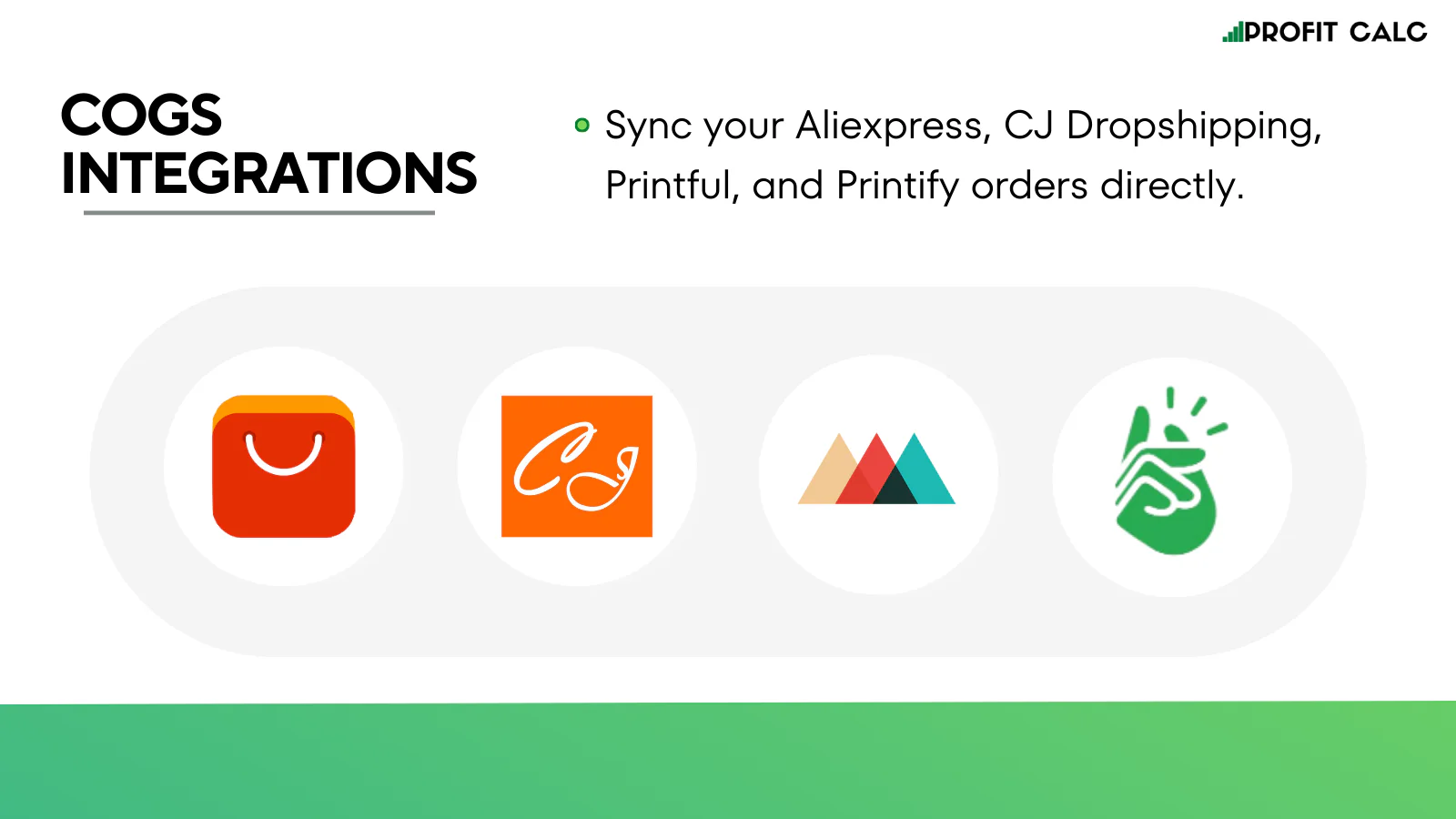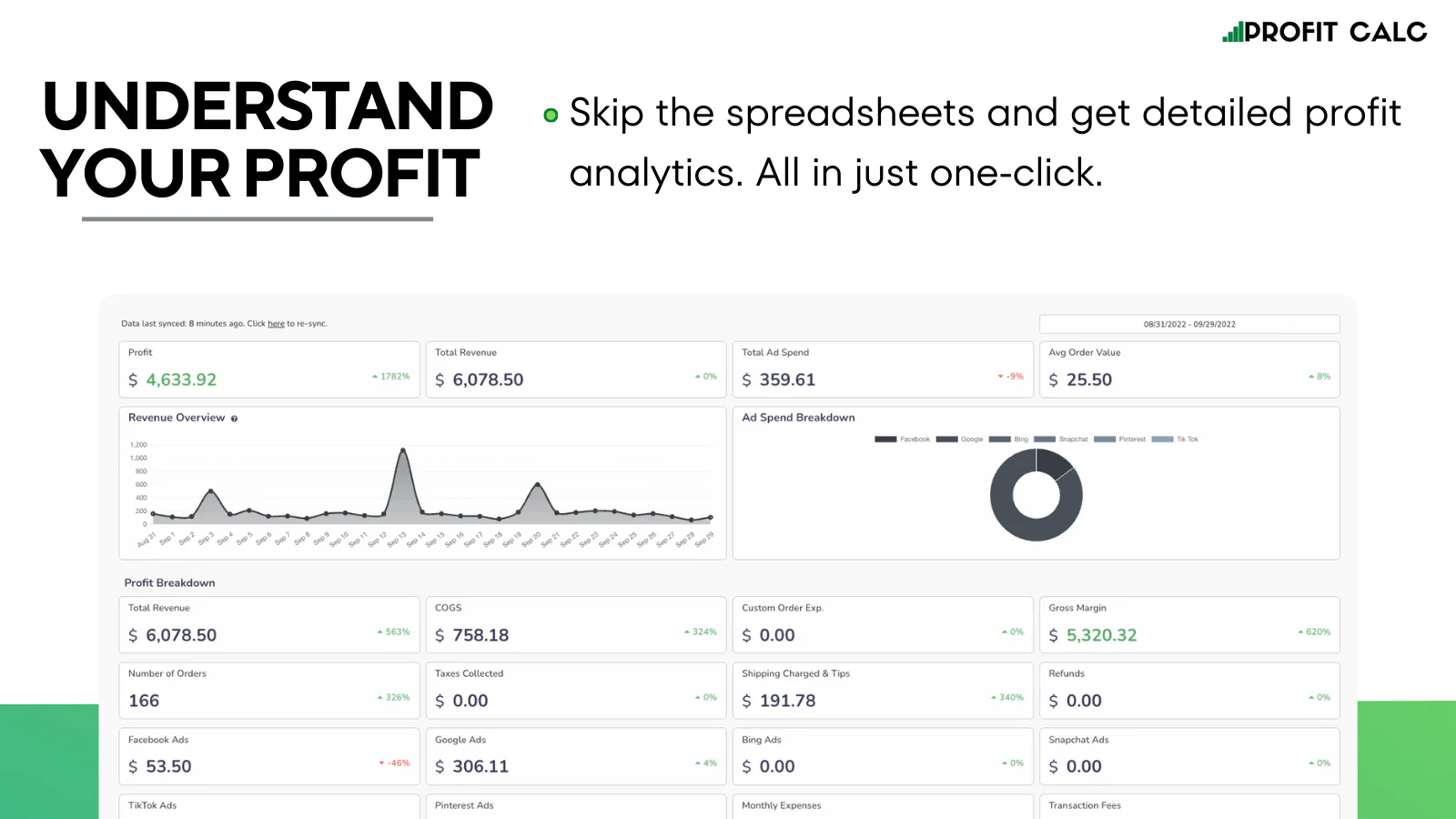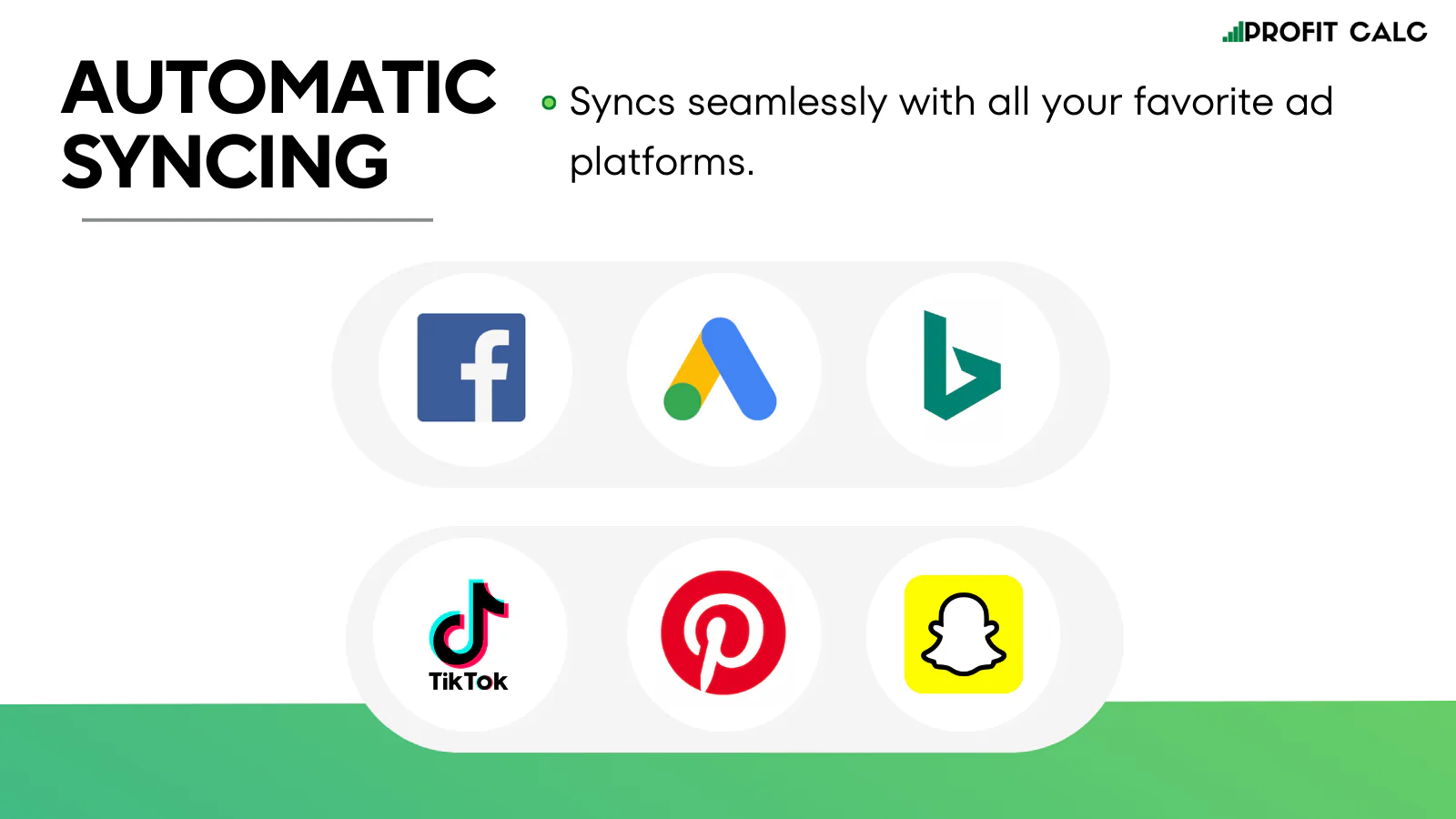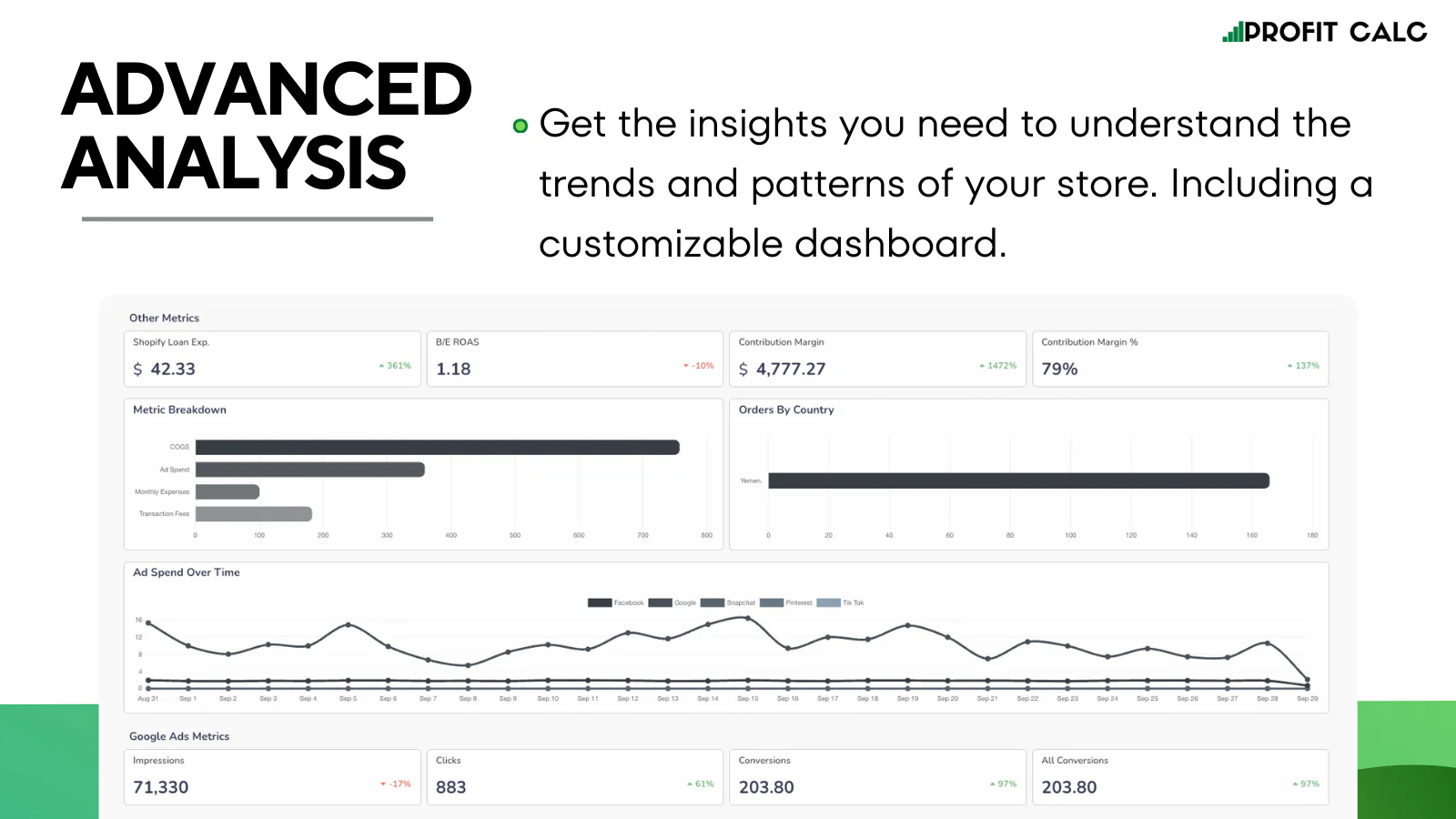Top 1 Best Shopify Dashboard Apps [March, 2025]
This guide helps ecommerce store owners to compare and find the best Dashboard apps for Shopify. Dashboard apps are popular for ecommerce businesses that want to a way to notify their customers when products are back in stock. However, with the variety of Shopify apps for Dashboard, it can be challenging to find the ideal app for store owners’ individual needs.
To help ecommerce store owners make the right choice, the attributes of available Shopify apps have been assessed considering: features, price, free trial availability, app store rating and free app options.
This guide compares one companies for merchants to review and find the optimal Dashboard app for their needs. To help them make an informed decision, a quick comparison table of the best Dashboard Shopify apps is shared below, followed by in-depth reviews and frequently asked questions.
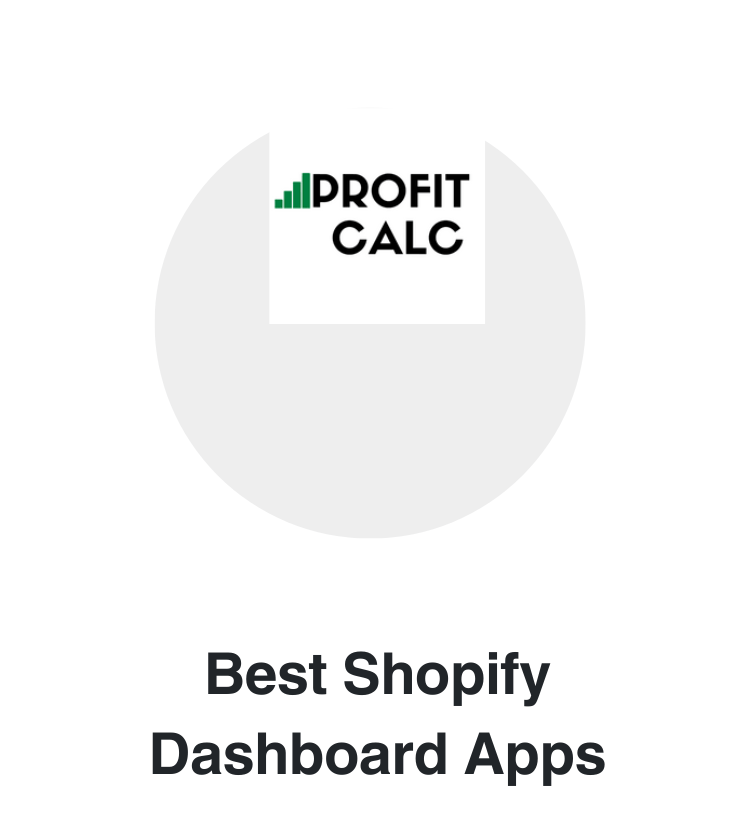
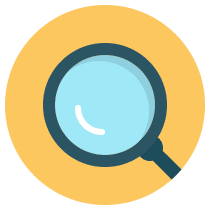
Free Guide: How To Find A Profitable Product To Sell Online
Excited about starting a business, but not sure where to start? This free, comprehensive guide will teach you how to find great, newly trending products with high sales potential.
Quick comparison of the best Shopify Dashboard apps
| # | App Name | Developer Name | Pricing | Rating | Free Trial | Image | Action |
|---|---|---|---|---|---|---|---|
| 1 | Profit Calc: Profit Calculator | Profit Calc | $29/month | 5.0/5  |
yes | 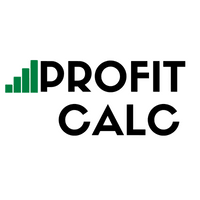 |
Get app |
How to Find The Best Dashboard Shopify App?
These one Dashboard apps for Shopify are ranked based on the following criteria:
- Features
- Price
- Rating on the Shopify app store
- Free trial availability
- Free app options
- Compatibility with other top apps
- Number of apps the app provider operates
- Pros and cons
- Built for Shopify badge
- Reviews and assessment by AcquireConvert
What are Shopify Dashboard apps?
Shopify Dashboard apps are tools that enable online store owners to track and monitor key metrics related to their business performance in real time. These apps provide an overview of essential data such as sales, revenue, customer activity, and traffic, all in one centralized dashboard, making it easier for merchants to manage and optimize their store’s operations.
One of the main features of Shopify Dashboard apps is the ability to display real-time performance metrics. This typically includes data on sales trends, average order value, and customer engagement, helping store owners make informed decisions quickly. These apps often allow users to customize the dashboard by adding widgets or specific metrics that align with their business goals.
Another key feature is the integration with various data sources, such as advertising platforms and email marketing tools. This allows store owners to track ad spend, ROI, and marketing campaign performance, giving a complete view of their business.
Automated notifications and alerts are also a significant benefit. These apps can send updates when certain thresholds are met, such as hitting a sales target or when inventory levels drop, ensuring that merchants stay informed and can act promptly.
Customization options are another important aspect of Shopify Dashboard apps. Store owners can adjust the layout, select which metrics are displayed, and set specific performance goals, ensuring the dashboard meets their unique business needs.
Overall, Shopify Dashboard apps are valuable tools for gaining real-time insights into store performance, managing operations effectively, and making data-driven decisions to boost growth. For more detailed information and options, exploring various apps available on the Shopify App Store is recommended.
What is the best way to send a Dashboard notification to customers?
The best way to send a Dashboard notification to customers involves clear communication, timely updates, and the use of reliable tools. First, use automated notification systems provided by dashboard management apps like Notify or other Shopify apps. These tools can automate the process of notifying customers when important updates occur, such as order statuses or shipping confirmations, ensuring timely and consistent communication.
Personalizing the notifications is crucial. Address customers by their names and include relevant details, such as the status of their order or important milestones related to their purchase. Personalized messages make the communication more engaging and relevant to the customer.
Using multiple communication channels enhances the effectiveness of your notifications. Send updates through email, SMS, or push notifications, ensuring that customers receive the information in their preferred format.
Timing is also key. Send an initial notification when the order is confirmed, followed by updates on shipping or any changes in order status. Ensure your notifications are clear and concise, providing all necessary information without overwhelming the customer.
By combining automated tools, personalized messaging, multiple channels, and timely communication, you can efficiently manage dashboard notifications and improve the customer experience.
Do Dashboard convert to sales?
Conclusion: Best Shopify Dashboard Apps
It requires time and effort to compare and evaluate features of the various different Dashboard Shopify apps to find the ideal option.
Shopify store owners must evaluate relevant information to make the optimal choice for their needs.
This guide does the challenging work for merchants by comparing and evaluating the top choices for different Dashboard Shopify apps. The results of our analysis of the best Dashboard Shopify apps are listed below:

